Measuring time is a very old obsession, so much so that it originated in Prehistory - in the Mesolithic, to be exact - probably driven by the need to keep track of agricultural cycles. Since then, all cultures and civilizations have developed their calendar, some in an original way and others copying other models, these solar and those lunar, in some cases strictly for computation and in others with a rather religious character.

Most had the common denominator of dividing the year into a number of days that used to be between 355 (Muslim and Ottoman calendars) and 365 (Egyptian, Julian and Mexica calendars), in turn grouped by months, these already of more variable quantities. (12 the Egyptian, Julian and Inca, 18 the Mayan). In the pre-Hispanic Mesoamerican case, the calendar was a combination of two, one chronological and the other ritual (plus a third that the Mayans had to count the eras), which were consulted overlapping. By the way, the Mayan year was 365.2420 days, even more precise than our current one, which lasts 365.2425 (the solar year is 365.2422).
That calendar that we use now in the Western world is the Gregorian. It is called that because it was Pope Gregory XIII who ordered some adjustments to be made to the Julian calendar, which was the one used since its creation in 45 BC. by the wise Sosigenes of Alexandria, following instructions from Julius Caesar. It had survived despite the fact that it had an error of two seconds per day (11 minutes and 9 seconds per year), already warned at the Council of Nicaea; but after two scientific reports from the University of Salamanca in 1515 and 1578, the Holy See ordered its reform.
The result of it, as we know, is a system that divides the year into 12 months and each of these into a variable number of days, whose names, both of one and the other, we learn as children. Now, what is not so well known is the reason for these denominations, as well as the origin of the names of the days of the week. As in so many other things, you have to look at Ancient Rome and, therefore, at Greece. Let's see it briefly.
January
The name comes from Janus, a Roman god linked to temporal concepts (beginning, end, doors...) who, consequently, was represented with two faces, one looking forward and the other looking back. At the beginning of the year -and when preparing to undertake some undertaking- he was invoked, offering him cakes on an altar while people exchanged delicacies such as honey or figs.
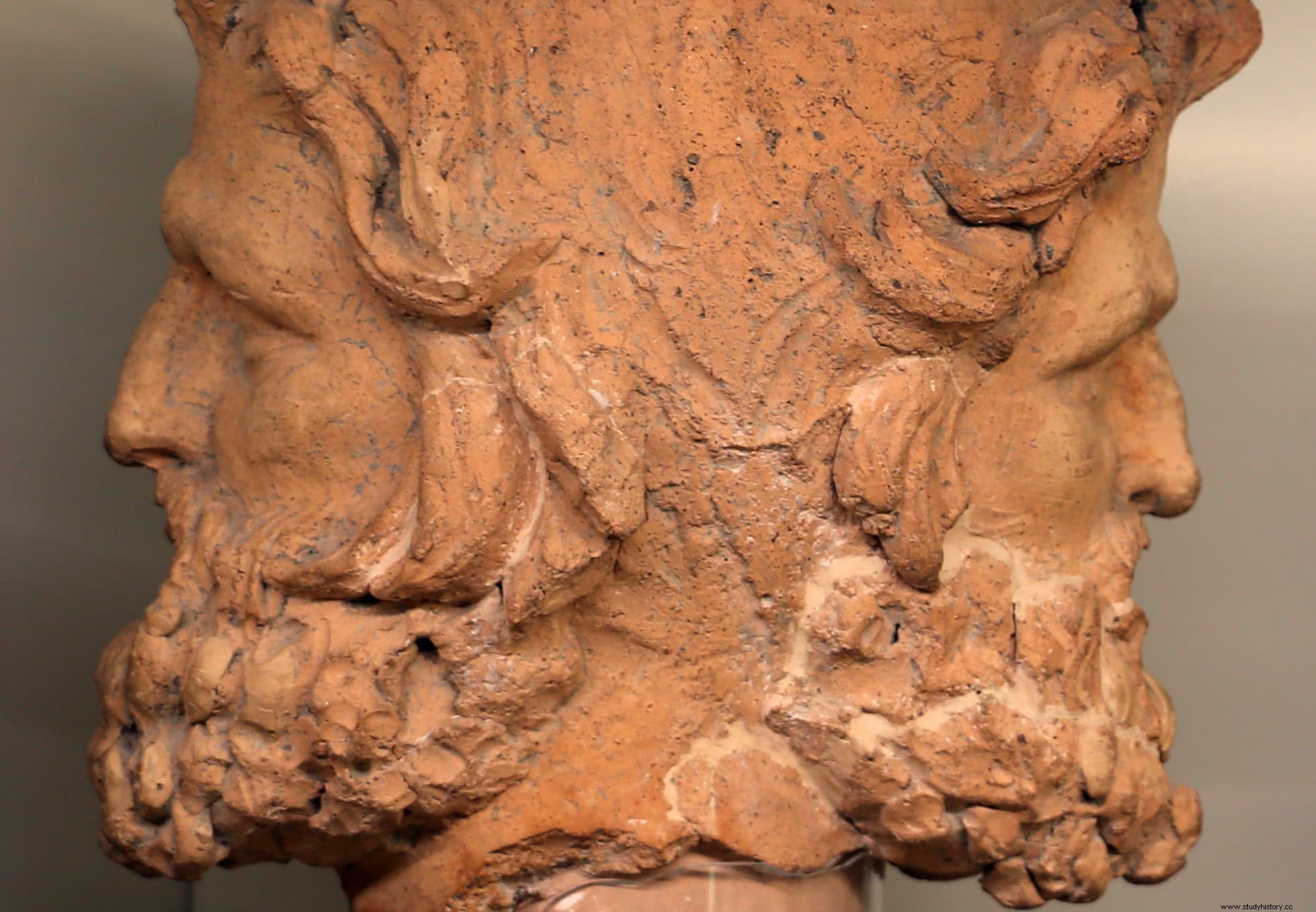
February
The shortest month of the year is named after the februa or februatio a Roman purification festival that over time was integrated into another, the famous Lupercales, which were a fertility ritual. The February , whose origin dates back to the Sabine people, took place on the 15th and was based on warding off evil spirits through processions in which naked men -sometimes wearing wolf masks- whipped female spectators -with their permission, obviously- because this increased their fertility and favored good deliveries. Later a specific divinity, Februus, was created, taking its name from the month.
March
The month that, we said before, began the year in the old calendar bears the name of Mars, the god of war, because it was then that the army began to be organized for the military campaigns of the coming year, (which was called end in October). It was commemorated with rituals and festivals that, moreover, had an extra motivation because that month is the spring equinox (in ancient times it did not coincide with March 20-21 as it does now), which put an end to winter and welcomed a more benign time.
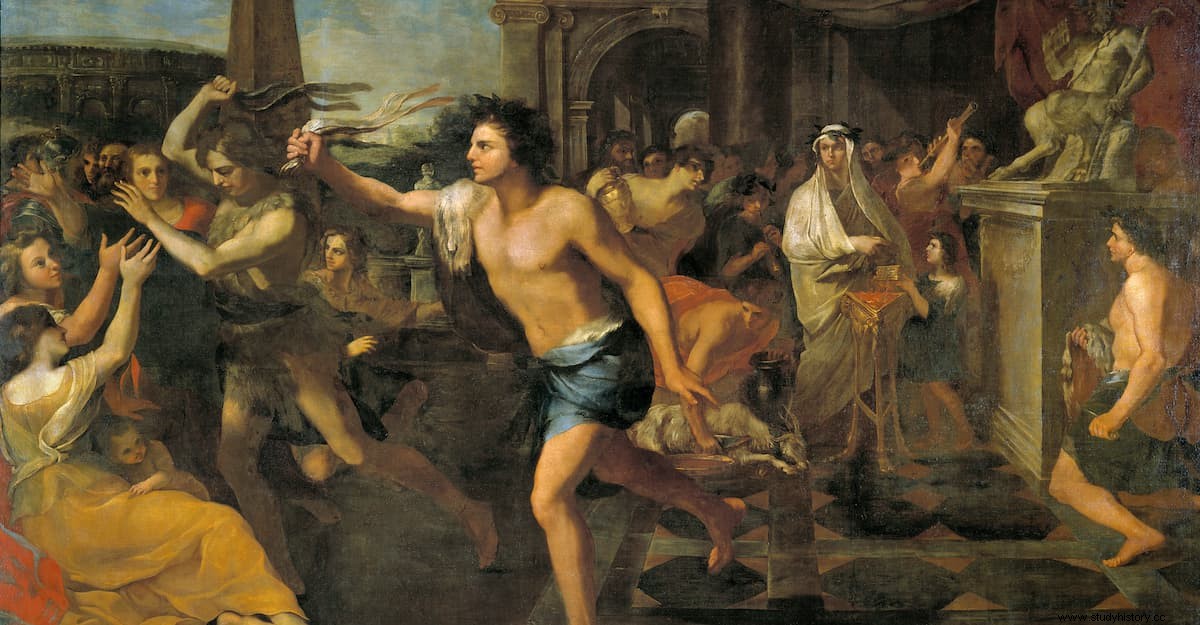
April
Rare bird of the months, the origin of its name is unknown, although there are no shortage of theories about it. One, taken from the poet Ovid, relates it to one of the forms of the verb aperire (that is, to open), in the sense that it would be at that time when the flowers open their buds and spring is consolidated. Other identifies aprilis , which is what the Romans called this month, with the Greek term aphrós (foam), allusion to the Aphrodite (Aphrodite), the goddess of love and beauty, whose Roman equivalent, Venus, was honored at that time.
May
Spring reaches its splendor in May, hence that month is named after Maia (the Roman Bona Dea), Hellenic goddess of fertility, breeding and profusion who brought warmth and abundance, and whose festivals were celebrated that month. But this is only a theory. Along these lines, others point to Maya, a nymph mother of Hermes, or to the expression Maius Juppiter (in which Maius would be a variant of Maximus). For his part, Ovidio opted for maiores , elders (elders), as opposed to the following month (June, iuniores , the young).
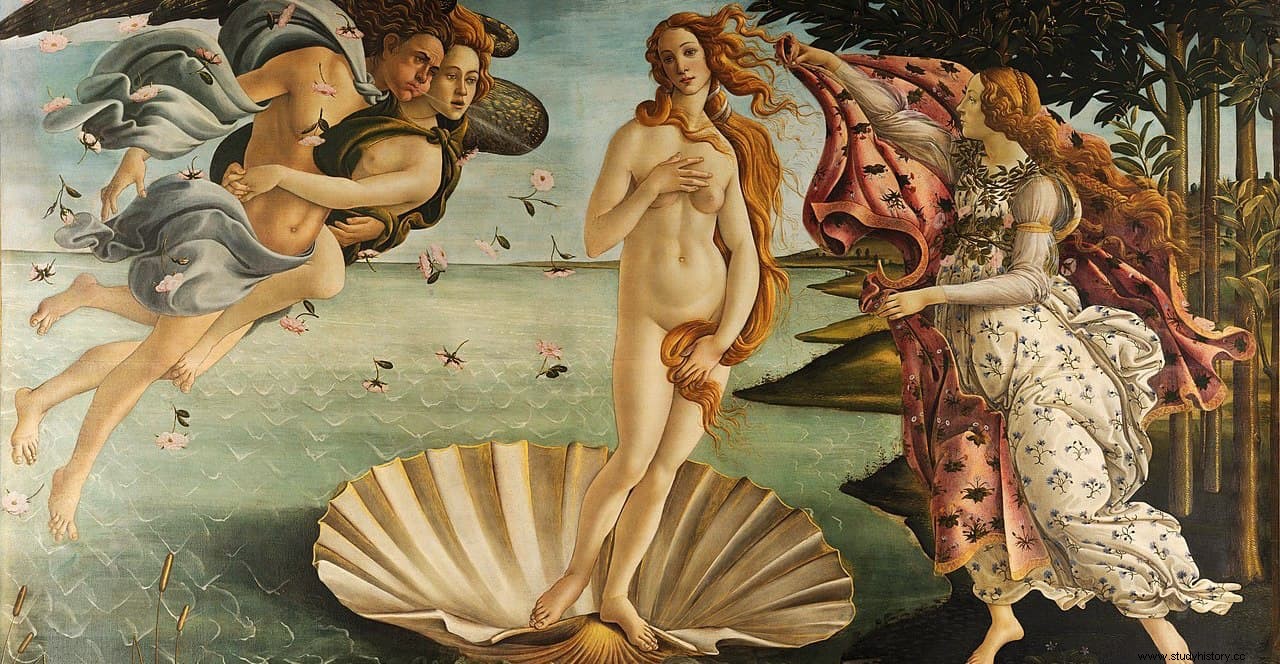
June
Metaphorically represented by an iunio or naked young man, traditionally it has been said that June is named after Lucius June Brutus, the politician who led the uprising against the monarchy of Lucius Tarquinius and gave way to the Republic after he was persecuted by the monarch's family because he had kissed the earth to fulfill a prophecy of the Oracle of Delphi (which had announced that the king's successor would be the first to kiss his mother).
However, it seems more like a legend than anything else and it would be Juno (the Greek Hera), the goddess wife of Jupiter, who baptized that month; After all, as in the previous cases, her parties fell on those dates. As she was also the divinity of marriage, many boyfriends chose June to get married and be favored by her (but always in the second half, since before it was considered a bad omen).
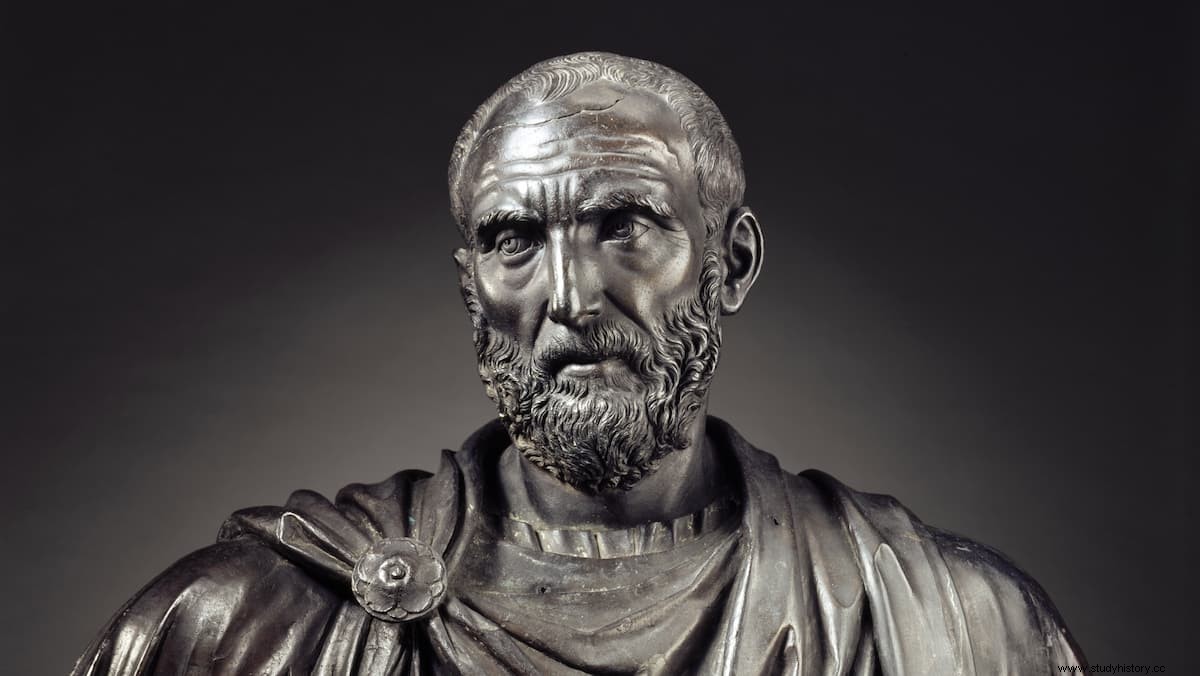
July
As we said before, Julius Caesar reformed the calendar to establish a year of 365 days and 6 hours, more accurate than the previous one, which was 355. According to legend, he removed a day from February (as compensation one would be added during bisextum or leap year, which was also born in that reform) to incorporate it into the month of Quintilis, in which he was born. In 44 BC, after his assassination, the month was renamed Julius in his honor.
August
It was precisely his successor, Octavio Augusto, who would give his grace the following month, until then known as Sextilis. In the year 27 B.C. the Senate granted him the cognomen of Augustus (venerable), and the month was later renamed Augustus to celebrate his victory over Antony and Cleopatra. But (according to a legend probably created in the Middle Ages) since he only had 29 days and the new emperor did not want to be inferior to Caesar, he had the calendar retouched by removing and adding days to the months until August had 31, as July. It should be added that other emperors tried to repeat the move with other months but the thing did not last.
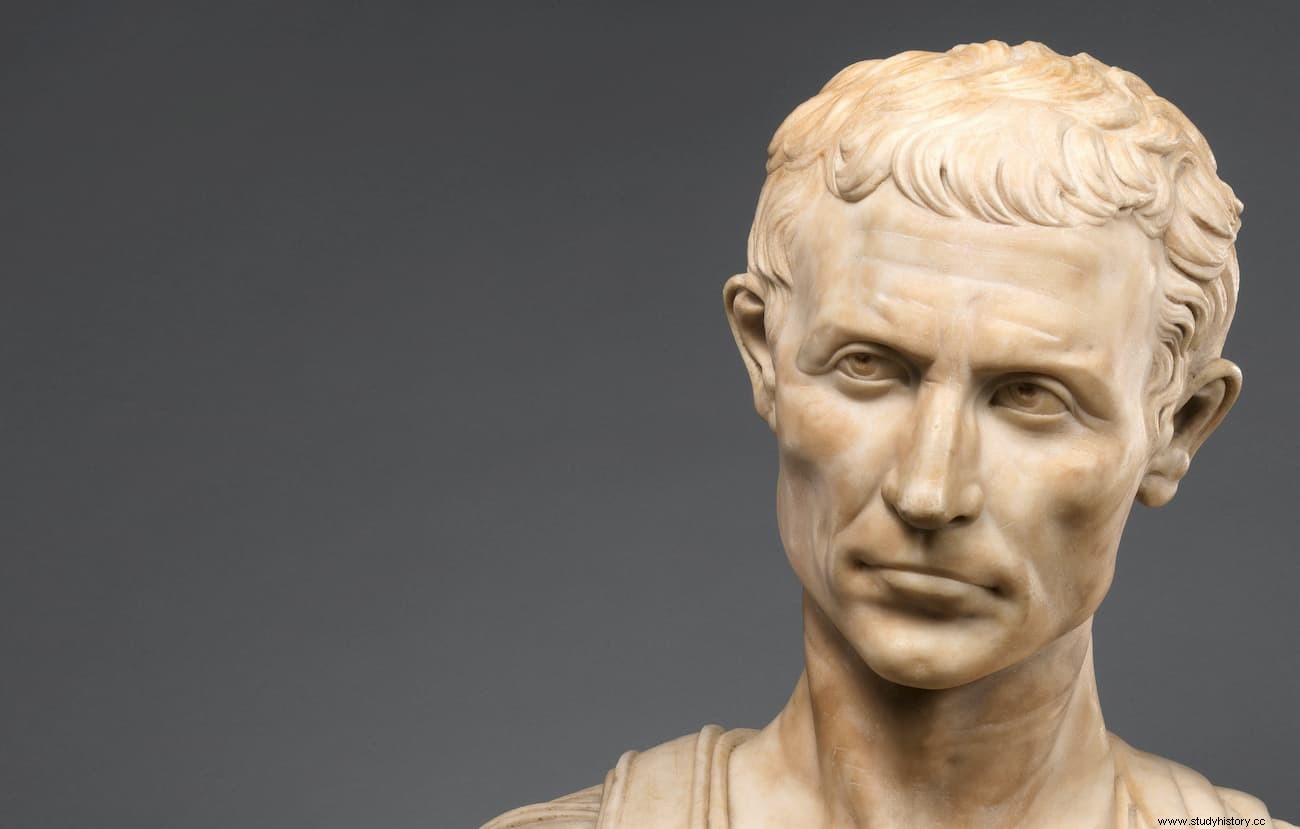
September, October, November and December
We review together the last four months of the year because their etymology originates in the same way, a numbering:septem, octo, novem and decem , which you don't need to know Latin to translate by seven, eight, nine and ten (remember that the pre-Julian Roman calendar started in March and then January and February were added).
Days of the week
So far the names of the months but what about the days of the week? Do you also have their history? They do, in fact, although it is much more homogeneous because those names are based on the seven planets that were known in Ancient Rome, in turn nominated with the graces of the gods that presided over each dawn in Hellenistic astrology.
The Greek divine cast was later adapted by the Romans to their religion, so that Helios, Selene, Ares, Hermes, Zeus, Aphrodite and Cronos became Sun, Moon (later Diana), Mars, Mercury, Jupiter, Venus and Saturn. . The cacophonous similarity with the days of the week is evident in most of them:Sunday, Monday, Tuesday, Wednesday, Thursday, Friday and Saturday.
It should be borne in mind that, for a long time, the Roman week did not have seven days but eight, which changed little by little between the 1st and 3rd centuries AD, as can be deduced from the archaeological record (a graffiti Pompeian with the expression «dies solis» ) and from a lost work by Plutarch entitled Why do the days of the week named after the planets follow a different order from the real one? So, as you can see, questions were already being asked about it in the first century.
